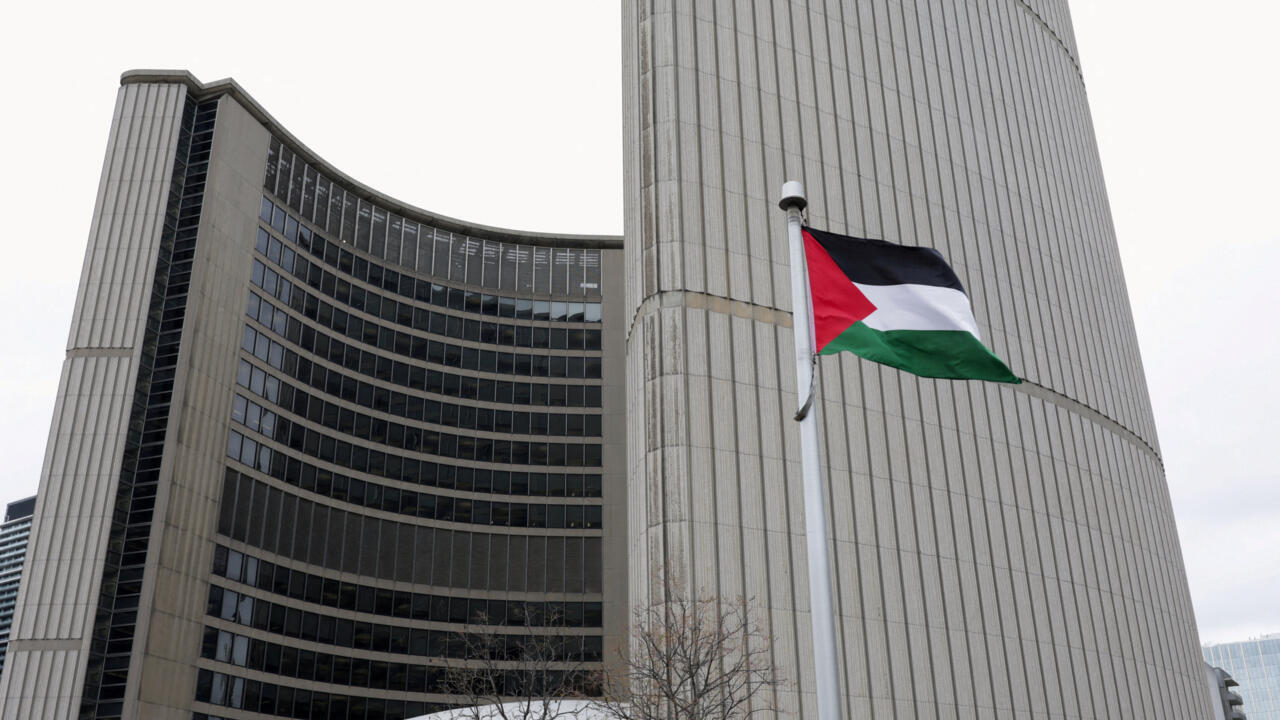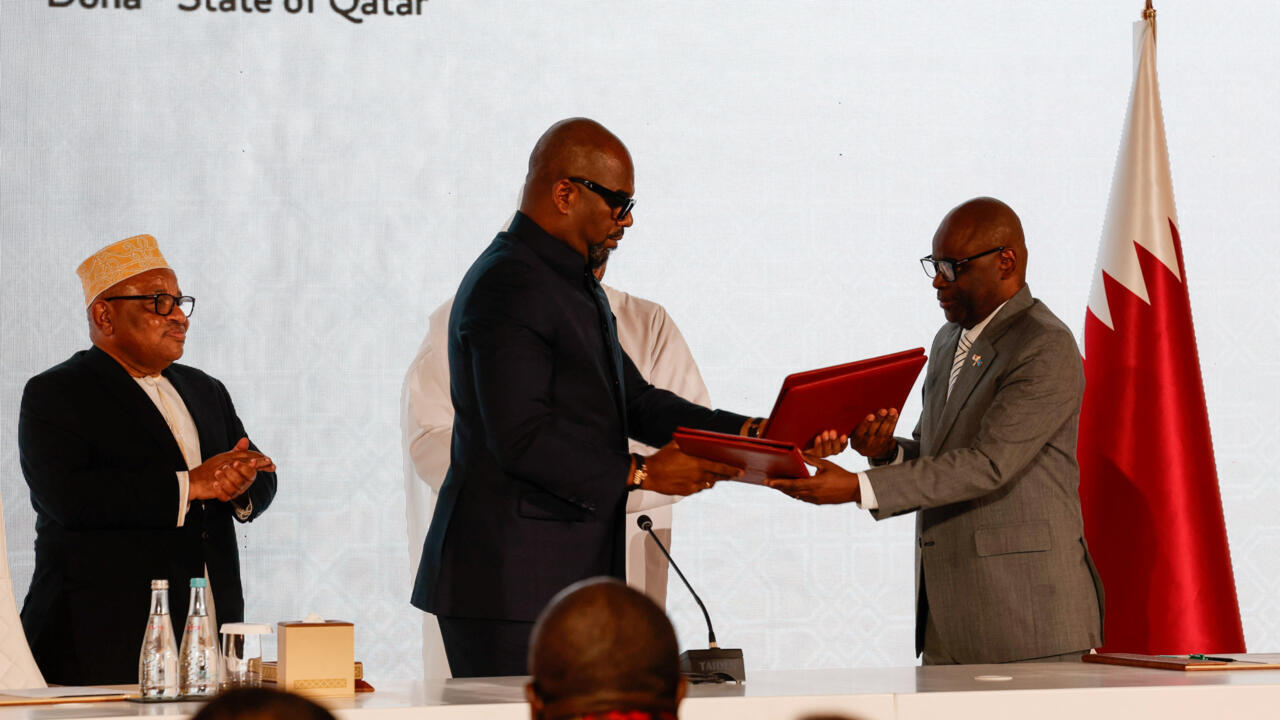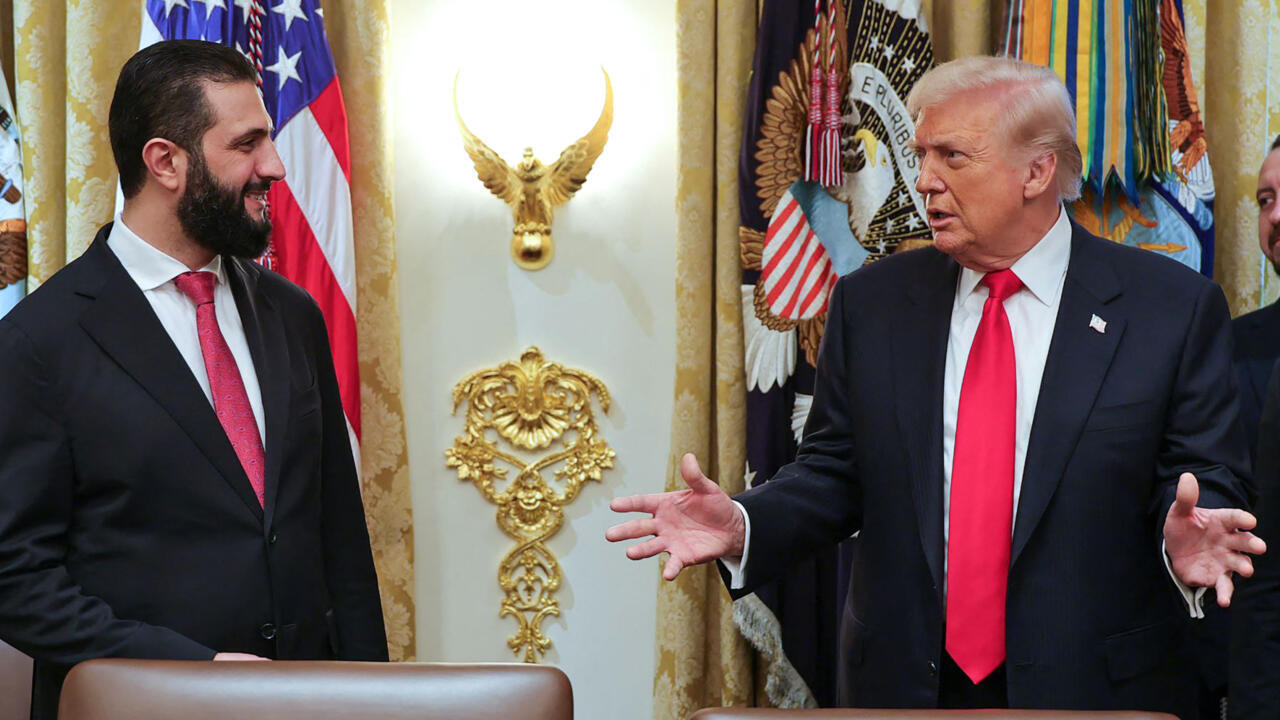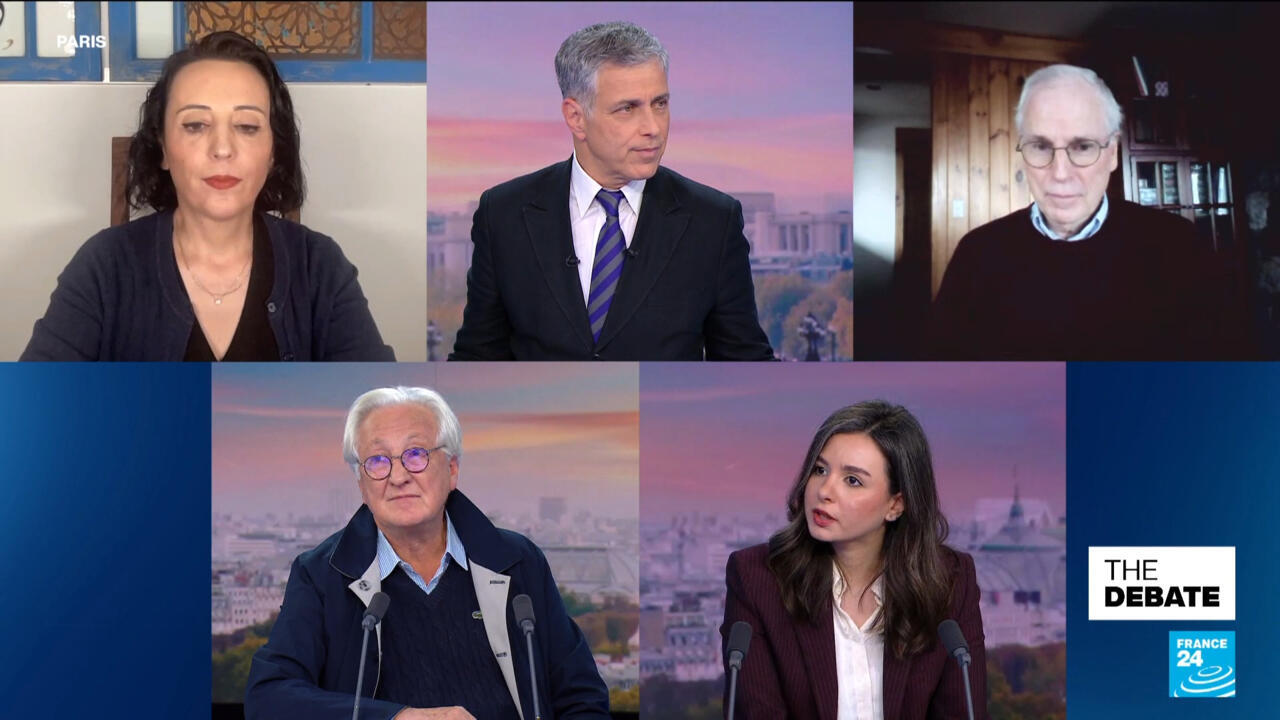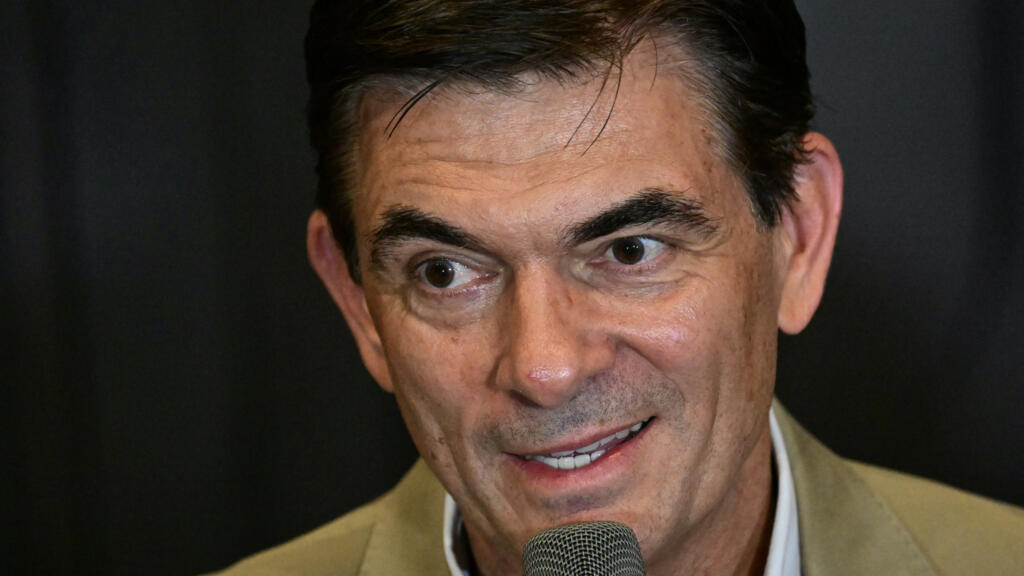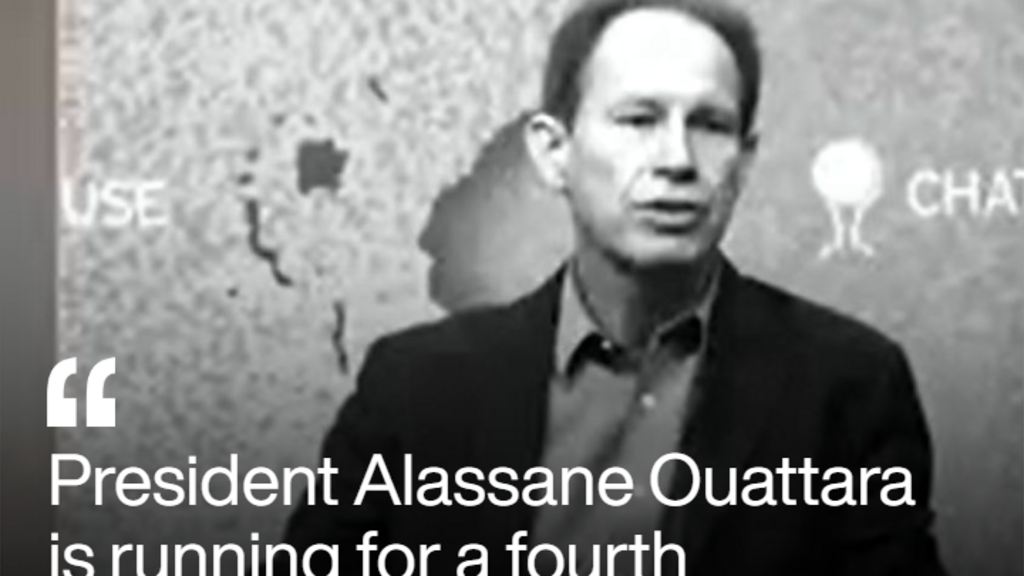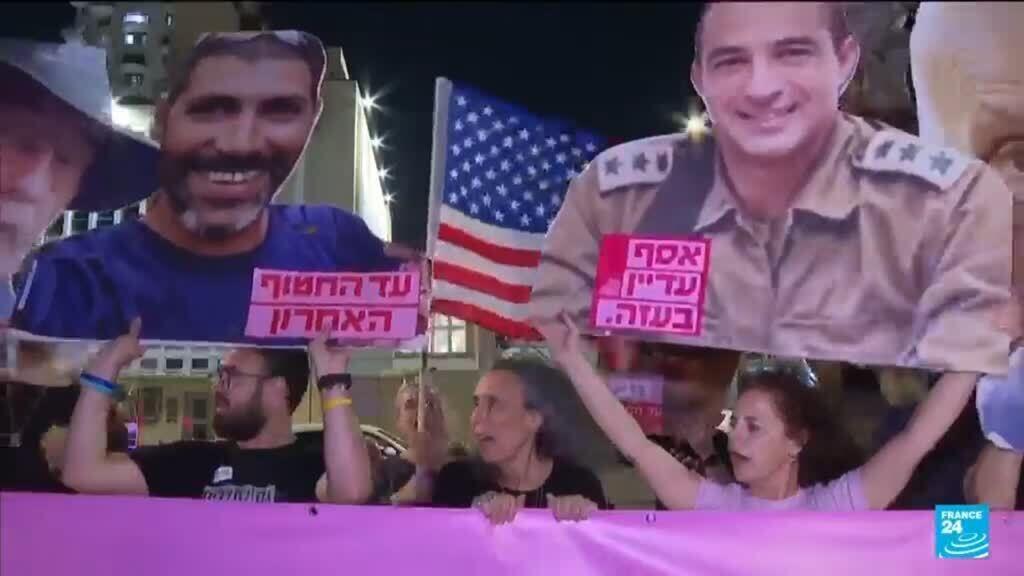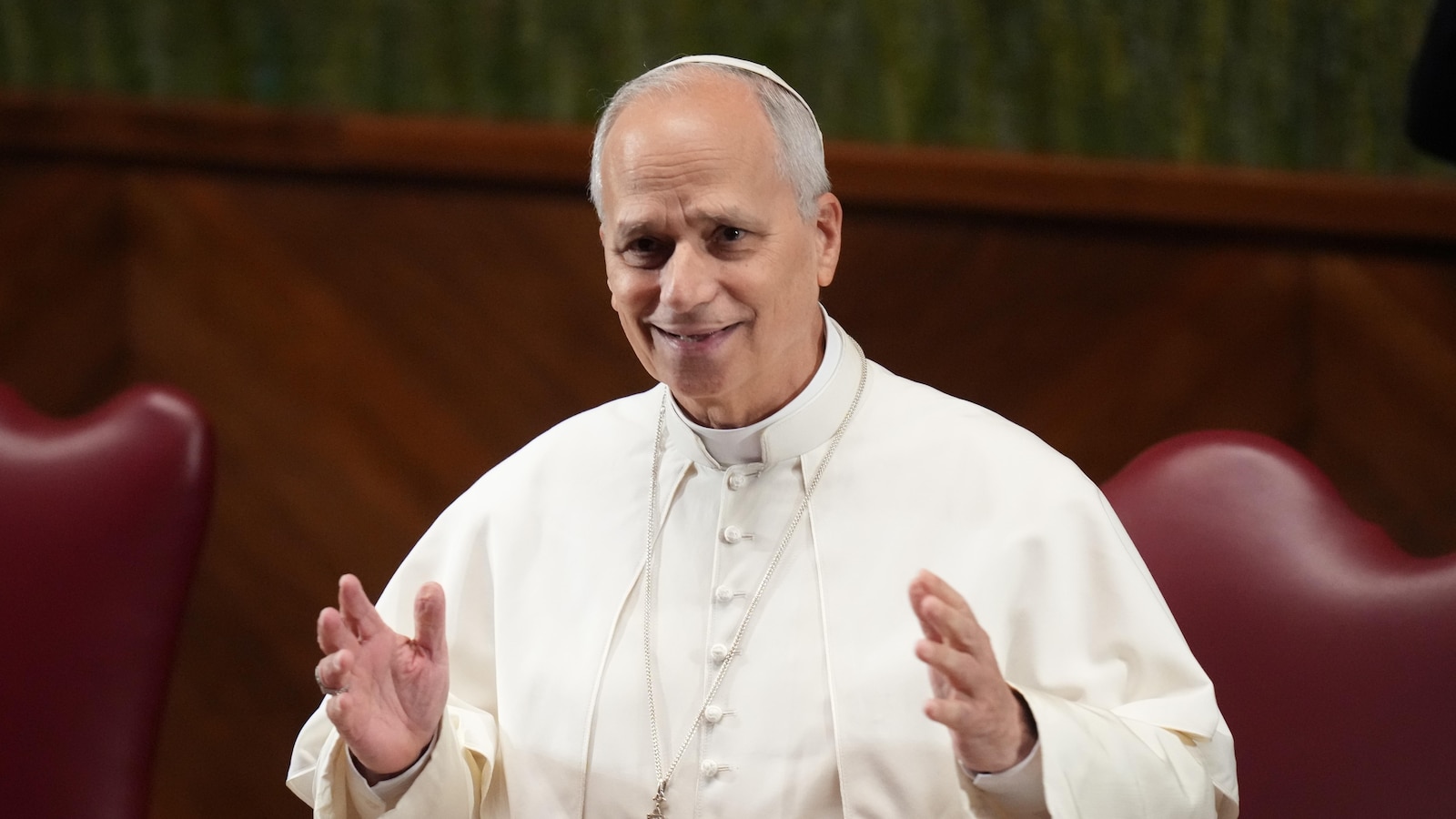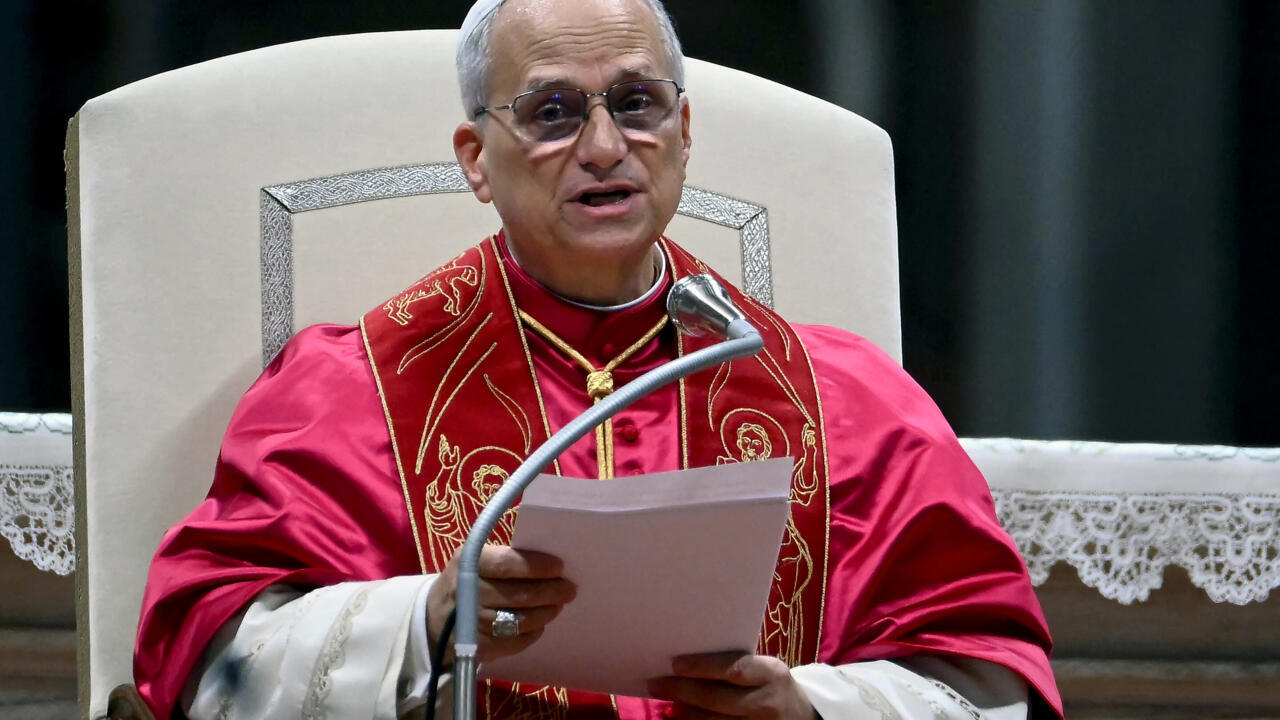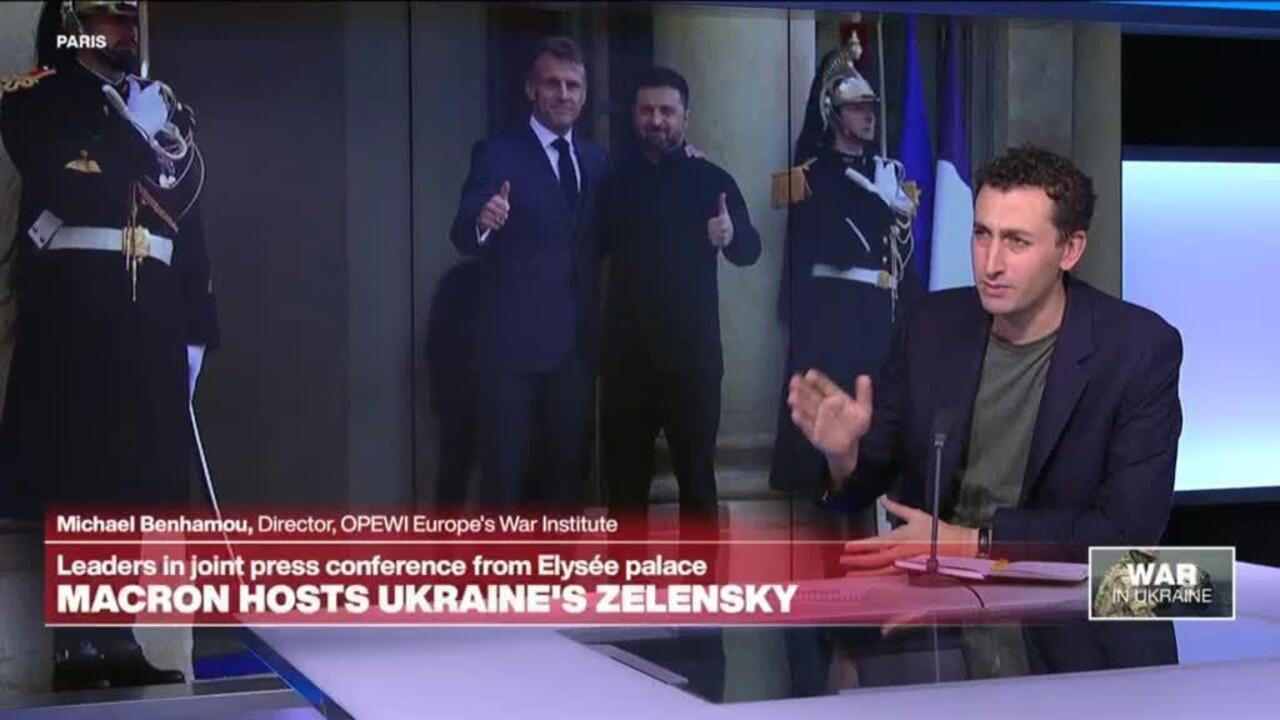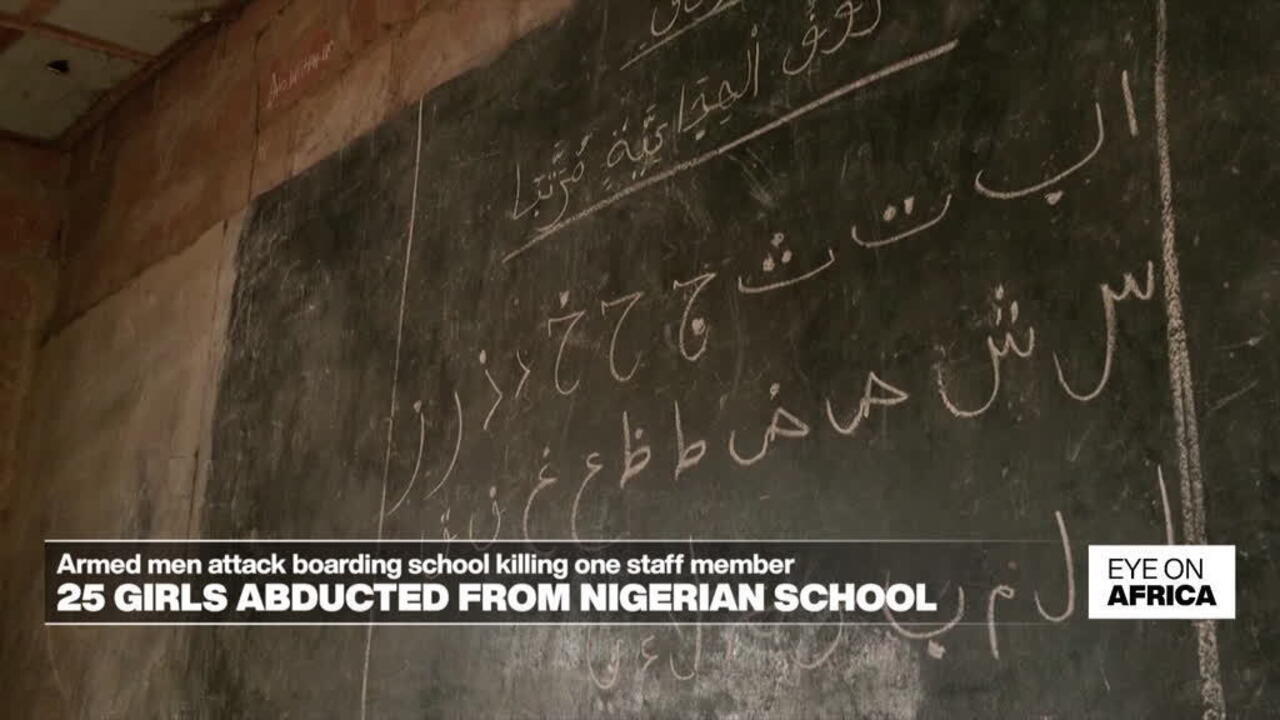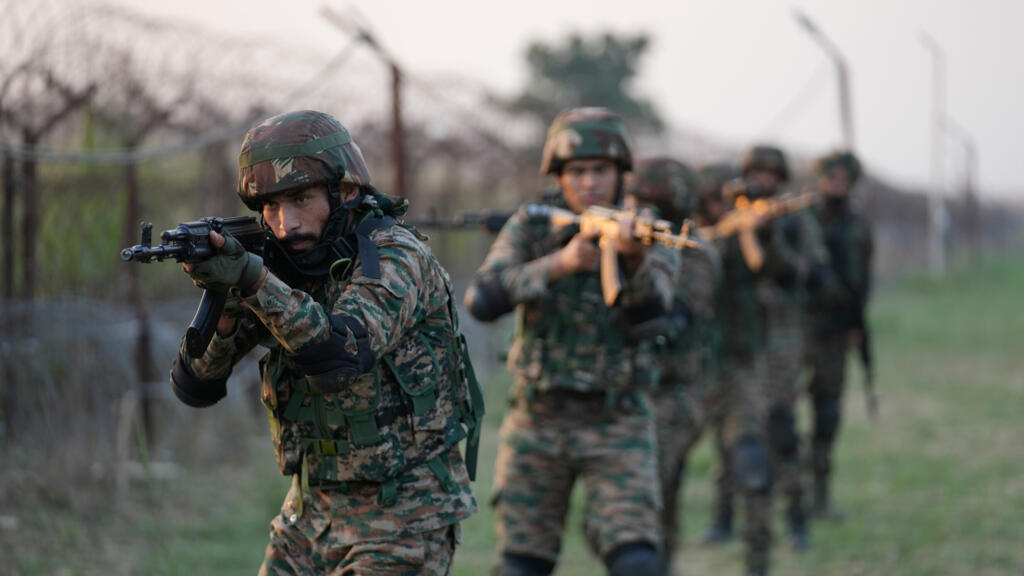
Dozens of families from across India gathered in the capital, New Delhi, in early November to call on authorities to bring their loved ones home from Russia. They said the men had been caught up in a shadowy network that brought them to Russia, promising legitimate jobs, but later sent them to fight on the front lines in Ukraine.
Some of the men had travelled to Russia legally on student visas and were later duped by middlemen.
A common theme emerged: The men had all been forced to sign contracts in Russian that they did not understand and then sent to fight in Ukraine with little to no training.
India has confirmed that at least 44 of its citizens are serving with Russian units, and several have died in combat. India’s ministry of external affairs spokesman Randhir Jaiswal told a press briefing on November 7 that India remains in touch with both Russian officials and the families of those affected.
Russia faces serious problems recruiting troops as the war in Ukraine drags on. It has thus resorted to trapping desperate immigrants in a well-oiled system that uses Indians to recruit their own compatriots. Experts believe the Indian nationals are being used as cannon fodder by the Russian army on the front lines.
Read moreWhy Ukraine is struggling to hold on to the ruined city of Pokrovsk
A global war
Russia has often exploited desperation abroad to serve its war machine, from the North Korean soldiers sent by their government to fight for Moscow to the African women lured to work in drone-assembling factories.
“We live in a modern world, and it doesn’t matter if you take a train, plane or walk to the recruiting centre. It doesn’t matter if you live in China, Kazakhstan or India,” said Yohann Michel, a researcher at the Institute for Strategic and Defence Studies in Lyon.
“There is a manpower shortage on both sides [Ukraine and Russia], so both countries are recruiting combatants from abroad – though their methods of using those men differ,” said Michel.
Most of the Indian nationals currently trapped in Russia never planned to be mercenaries. Sonu Kumar, from the city of Hisar in the northern state of Haryana, was one of the several Indians who travelled to Russia on a student visa. His brother Vikas told the Indian news website Firstpost that Kumar was approached by agents who convinced him to extend his stay by promising him a stable and well-paying job.
“Sonu was told he would work as a security guard and would not be taken anywhere near the war zone,” Vikas said. “He trusted them because they assured him he would earn well and be safe.”
The family’s last contact with Kumar was on September 3. “He said he was being sent to the front line and that his phone would soon be confiscated,” his brother said.
The family received a Telegram message from the Russian authorities on September 19, telling them that Kumar had disappeared on September 6 and that his body had been located. The family was informed that his remains could be transferred to Moscow airport if they wished to repatriate them at their own expense.
Kumar had been drawn into the apocalypse of war: His repatriated body was severely burnt and could only be identified with computer scans.
The absurdity of his death was underscored by the Russian army uniform and flag that were sent home along with his remains.
“He went there on a student visa. He was not a soldier,” his brother said. “Why was he sent to die?”
Used as bait in Ukraine
India’s Central Bureau of Investigation announced as early as May 2024 that it had arrested four individuals in a case related to trafficking Indian nationals to fight in the Russian army. The suspects were based in several Indian cities and had accomplices in Dubai and in Russia.
The revelations come against a backdrop of burgeoning economic cooperation between the two global powerhouses. The Russian economy faces labour shortages because of its ageing population and the significant losses incurred during its war in Ukraine. The youth of the Indian subcontinent are an easy target to make up for this shortfall: Despite rapid economic progress, unemployment in India remains high and prospects are limited. Seeking better lives, young men look for work in Russia – only to find themselves on the battlefield.
And those who fall into the clutches of the Russian military are often quickly sacrificed on the front line.
Foreign soldiers “are used to move forward and to help the Russian army solidify its position”, Michel explained. “They move in groups of one to three people. They infiltrate themselves and reveal the positions of Ukrainians simply by getting shot [at].”
“They are often killed, but it’s still a gain [for the Russians],” he said.
Russia’s global recruitment efforts are not just focused on India, according to Ukrainian authorities. “Many impoverished people, poisoned and deceived by Kremlin propaganda and anti-Western rhetoric, head to the war in Ukraine in hopes of earning money,” said Anton Gerashchenko, an adviser to the Ukrainian minister of internal affairs, in a social media post. “Russian ‘tourism’ companies have essentially become recruitment agencies for war – and, in most cases, it’s a one-way ticket.”
Recruitment is often described as a “job opportunity” rather than a war contract. Young men are told they will work in support roles like drivers or cooks but end up in combat areas with very little support, Gerashchenko wrote.
A legal and moral gray zone
Ukraine captured a 22-year-old Indian national in October who was allegedly fighting for Russian forces, the first Indian to be captured. Sahil Majothi, from Gujarat, went to Russia two years ago to study computer engineering.
Majothi later joined the Russian army in exchange for his freedom after he was allegedly framed on drug charges last April, his mother told BBC Gujarati.
In a viral video released by the Ukrainian army, Majothi can be heard saying he was given a choice between joining the Russian army or serving jail time.
The young man’s case illustrates the legal and moral conundrum for migrants enlisted in Russia’s army. Local community leaders from Gujarat have appealed to the Indian government to secure his return. Yet he may face prosecution in Ukraine, and is unlikely to benefit from prisoner-of-war protections.
The Indian government has repeatedly advised its citizens against participating in the ongoing war in Ukraine.
“We once again strongly urge all Indian nationals to stay away from offers to serve in the Russian army, as they are fraught with danger and risk to life,” a spokesperson from India’s foreign ministry said in September.


